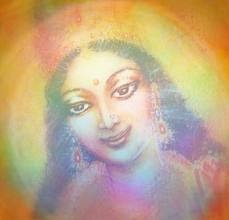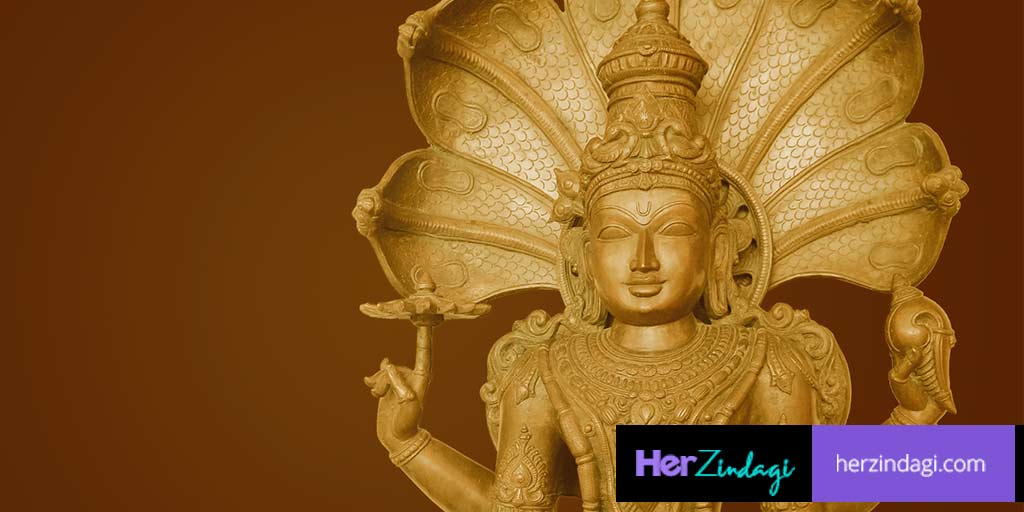
Lalita Sahasranama (thousand names of goddess Lalitha) is an ancient Sanskrit text praising the virtues, aspects, greatness and manifestations of Mother Divine. Feel more close to the Devi for and receive blessings/overall protection Each name of the Divine in the Sahasranama refers to a different quality or attribute of the Divine.īenefits of Chanting Sri Lalita Sahasranama Learn the significance and some of the beautiful translations of the 1000 names. Or Inclusive in the March Monthly SubscriptionĮach Sunday we will chant the Sri Lalita Sahasranama Strotram.
 In homes where Sree Lalitha Sahasranamam is chanted regularly, there won’t be any shortage of Life’s necessities.WITH Srinivas Pulluri Tuition: Sliding Scale: $8 minimum. If you read this Sahasranamam daily for a month or three weeks, Goddess Saraswathi will bless you with the highest intellect. Chanting this stotram daily for six months will ensure staying of Wealth Goddess Lakshmi permanently in your house. One who recited this stotram need not fear enemies. Reading the 1000 names of Goddesses will help you to banish your sins. Every single name of the Goddess will bring unique blessings. Lalitha Sahasranamam will act as a protective shield and save you and your family from black magic. For the blessing of a child, a woman can chant these 1000 names and offer butter to the Divine Mother. Chanting this stotram helps you to ward off the ill effects caused due to planetary transition.
In homes where Sree Lalitha Sahasranamam is chanted regularly, there won’t be any shortage of Life’s necessities.WITH Srinivas Pulluri Tuition: Sliding Scale: $8 minimum. If you read this Sahasranamam daily for a month or three weeks, Goddess Saraswathi will bless you with the highest intellect. Chanting this stotram daily for six months will ensure staying of Wealth Goddess Lakshmi permanently in your house. One who recited this stotram need not fear enemies. Reading the 1000 names of Goddesses will help you to banish your sins. Every single name of the Goddess will bring unique blessings. Lalitha Sahasranamam will act as a protective shield and save you and your family from black magic. For the blessing of a child, a woman can chant these 1000 names and offer butter to the Divine Mother. Chanting this stotram helps you to ward off the ill effects caused due to planetary transition. Benefits of lalitha sahasranamam chanting full#
Chanting Lalitha Sahasranamam on full moon day will protect from diseases and will also ensure long Life. The benefits of Lalitha Sahasranamam are listed below for your reference. The highest yogis and gurus have prescribed the reading of this great stotra to alleviate all forms of problems.īenefits of chanting Lalitha SahasranamamĬhanting of Lalitha Sahasranamam is believed to bestow several benefits. Lalitha Sahasrama contains knowledge of Kundalini Yoga hidden in it. Mother Goddess becomes very pleased on hearing the recital of this Sahasranama. The 1000 names of Goddess have great meaning hidden in them. It is the primary chant of Mother Goddess. It is more powerful than any form of Tantra or Mantra. The Mother Goddess herself loves Lalitha Sahasranama. All other gods prayed to Mother Goddess and sought her blessings here at this temple. The eight vaag devis serving mother goddess took the form of green parakeets and sang the Lalitha Sahasranama stotram, praising Goddess Lalitha. Goddess is known as Lalithambigai here and is found seated on the Sri Chakra Meru. Thirumeeyachur is located nearby Myladuturai, a town in Tamil Nadu. Thirumeeyachur Lalithambigai Temple: Thirumeeyachur Lalithambigai Temple is another important temple connected to Lalitha Sahasranama. In Kanchipuram, Lord Hayagriva explained to Agastya the significance of Goddess Kamakshi and initiated him the sacred 1000 names of Devi. As seen earlier, Sage Agastya was the one who received the sacred initiation of Lalitha Sahasranama stotram from Hayagriva. Adi Sankara, one of the foremost Hindu philosophers, was a great devotee of Goddess Kamakshi. It is one amongst the 51 Shakthi peetams, the sacred spots of Sakthi worship. Kanchipuram Kamakshi Temple: Kanchipuram Kamakshi temple is one of the famous temples of India. 

Chanting or listening to Lalitha Sahasranama in these two temples is considered very sacred. These two temples are very ancient and are significant in the worship of the Mother Goddess. Two temples in Tamil Nadu are connected to the lore of Lalitha Sahasranama. It was through Agastya, Lalitha Sahasranamam was known to the world. Sage Agastya did penance to Lord Hayagriva and was taught the Lalitha Sahasranama stotram from him. They composed Lalitha Sahasranamam upon the command of the Goddess Lalita herself and gave it to Lord Hayagriva, a popular avatar of Lord Vishnu. The eight vaag devis, Vasini, Kameshvari, Aruna, Vimala, Jayani, Modini, Sarveshvari, and Kaulini, are important in those 60+ yoginis. Sri Chakra Maha Meru, the abode of Mother Goddess, is guarded by over 60+ yoginis, the servitors of the mother goddess.

These 1000 names, attributes, or epithets convey the quality and nature of the deity. ‘Sahasranamam’ is a Sanskrit term referring to “a thousand names.” It is a form of Stotra here in a deity is praised through using 1,000 names, attributes, or epithets.








 0 kommentar(er)
0 kommentar(er)
